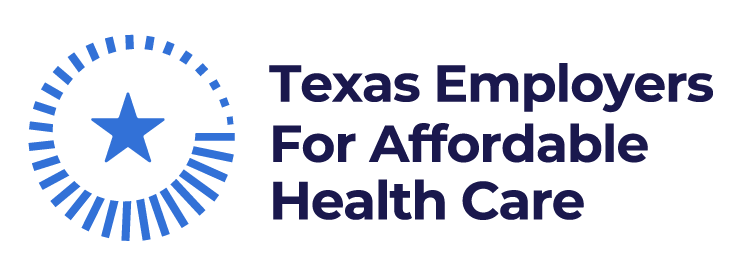A recent report by National Public Radio looks at the relentlessly rising price of health care and gets the story woefully wrong.
In examining the root causes of rising health care prices, NPR includes the common myth that pharmaceutical innovation is what drives increased drug prices. In reality, corporations that produce pharmaceuticals have been exploiting loopholes in patent law to keep prices higher than they would be in a healthy, competitive pharmaceutical market.
Worse, these loopholes in patent law actually disincentivize innovation. Why risk the time and money innovating when you can make a slight change to an existing drug and reap ever greater profits?
This gets to something NPR does manage to get right: a lack of market competition is driving up health care prices. As Sunit Patel, Mercer’s chief actuary for health and benefits in the United States, told NPR: “What’s missing in health care is: It’s not a traditional free market. You don’t have those competitive forces.”
Health care prices are rising every year due to distorted market incentives and the extensive monopoly power that a few corporations have managed to seize in the health care industry.
But who does NPR conclude is responsible for rising health care prices?
Employers?!?
“But when it comes down to determining how much most working Americans pay to stay healthy, the buck stops with employers,” NPR asserts. “And now they’re planning on charging a lot more.”
Employers are not “charging” their employees for health care. Texas employers are paying upwards of $17,000 per year to fund their employees’ health care plans. Their employees are then paying an additional $7,000 out of their own paychecks.
But this is all money that could otherwise be put towards creating more jobs, better wages, and lower prices for their own products and services.
Blaming employers, who pay the lion’s share of their employees’ health care expenses, is like blaming families for the price of groceries.
Make no mistake: perverse incentives born of a dysfunctional market are making health care unaffordable and inaccessible. Until we correct problems with our health care markets, health care expenses will continue to rise—and employers and their employees will continue to be the ones that pay the price.
